BY DEREK GROSSMAN
 Japanese Rear Admiral Hiroshi Yamamura (L), US Rear Admiral William Byrne (R) and HCS Bisht, vice admiral of the Indian Navy, pose for photographers during the inauguration of joint naval exercises with the United States and India in Chennai on July 10, 2017. Since the Trump administration’s announcement that it seeks a “free and open” Indo-Pacific, observers have spilled much ink on the revival of the Quadrilateral Security Dialogue, or Quad, to achieve this objective. The Quad—an informal consultative mechanism comprising the United States, Australia, Japan, and India—is quietly opposed to China’s continued militarization of and attempts to control strategic waterways throughout the region, namely the South China Sea. The group met most recently last November, and again in June, after 10 years of inactivity.
Japanese Rear Admiral Hiroshi Yamamura (L), US Rear Admiral William Byrne (R) and HCS Bisht, vice admiral of the Indian Navy, pose for photographers during the inauguration of joint naval exercises with the United States and India in Chennai on July 10, 2017. Since the Trump administration’s announcement that it seeks a “free and open” Indo-Pacific, observers have spilled much ink on the revival of the Quadrilateral Security Dialogue, or Quad, to achieve this objective. The Quad—an informal consultative mechanism comprising the United States, Australia, Japan, and India—is quietly opposed to China’s continued militarization of and attempts to control strategic waterways throughout the region, namely the South China Sea. The group met most recently last November, and again in June, after 10 years of inactivity.
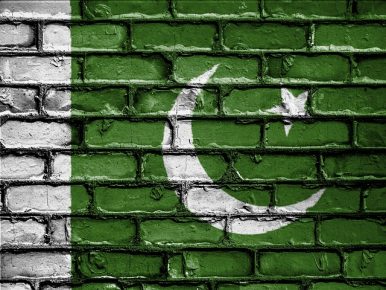
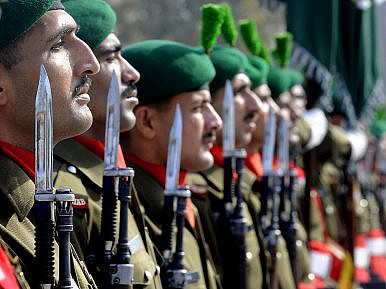


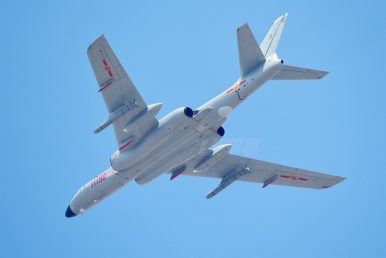

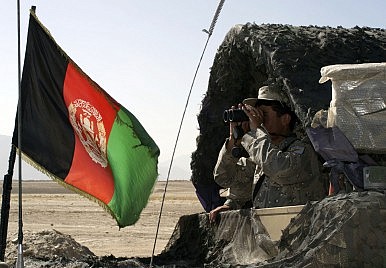
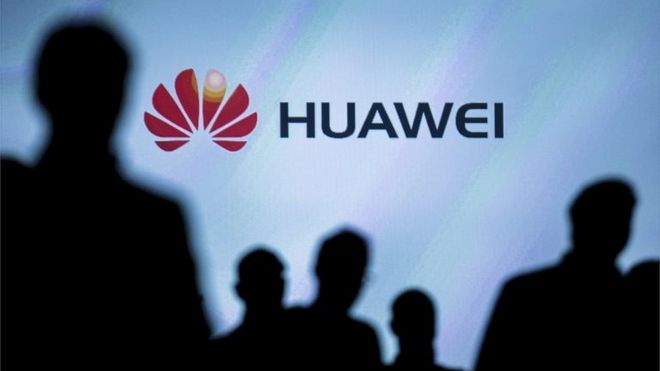


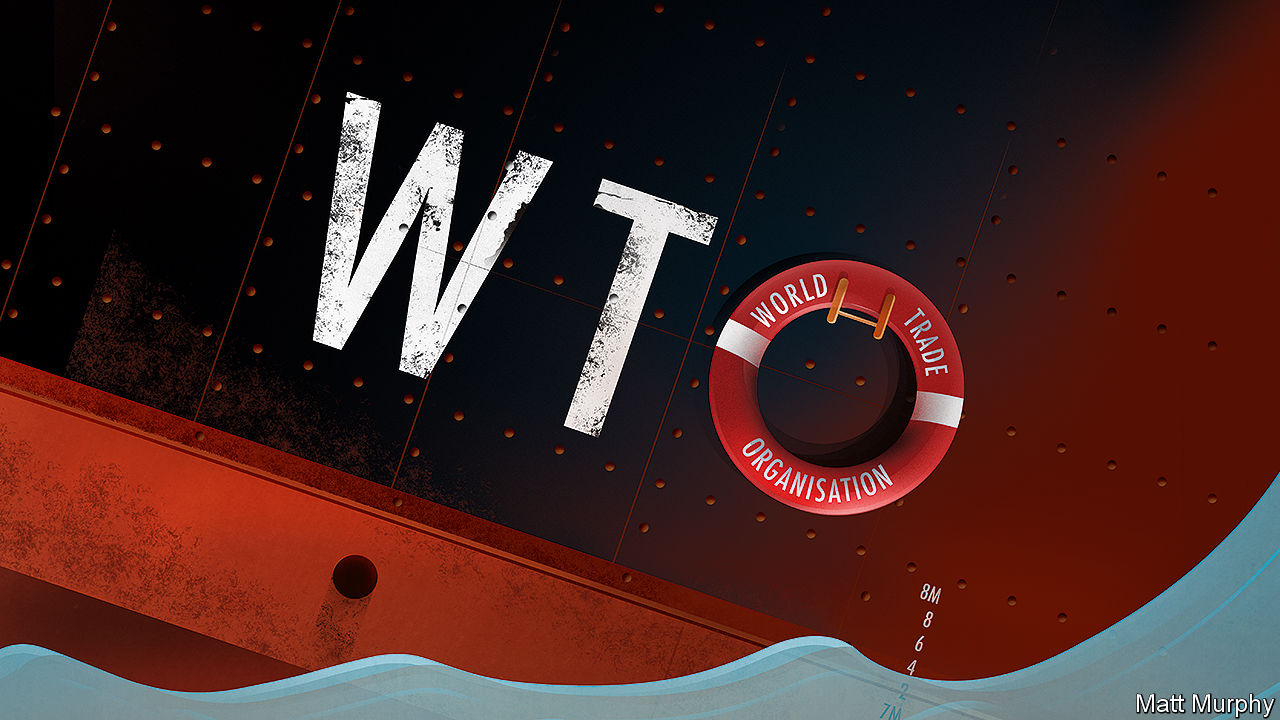
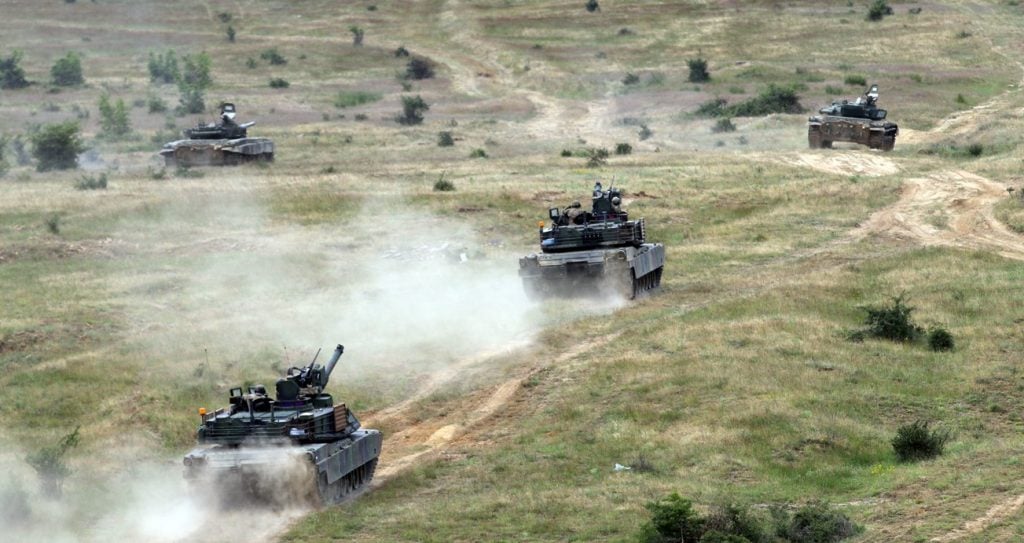
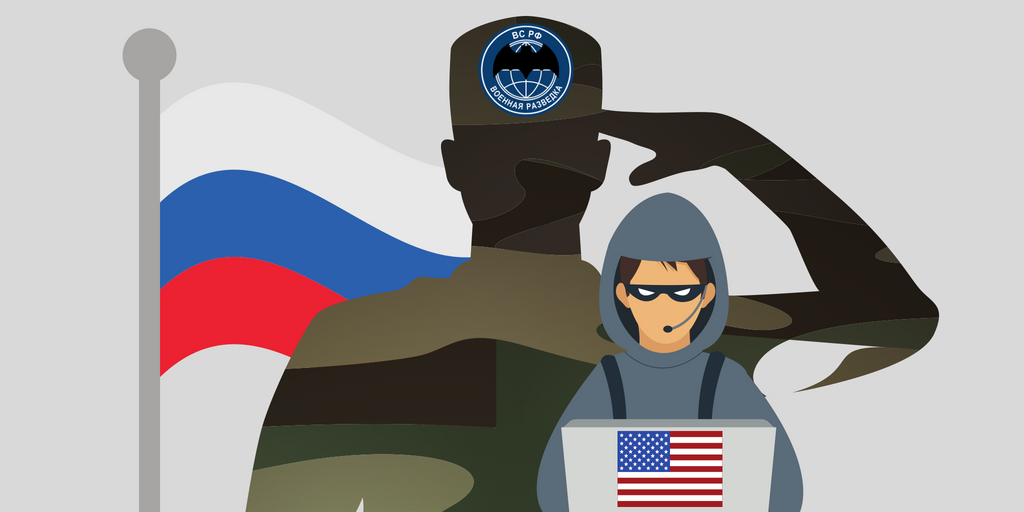
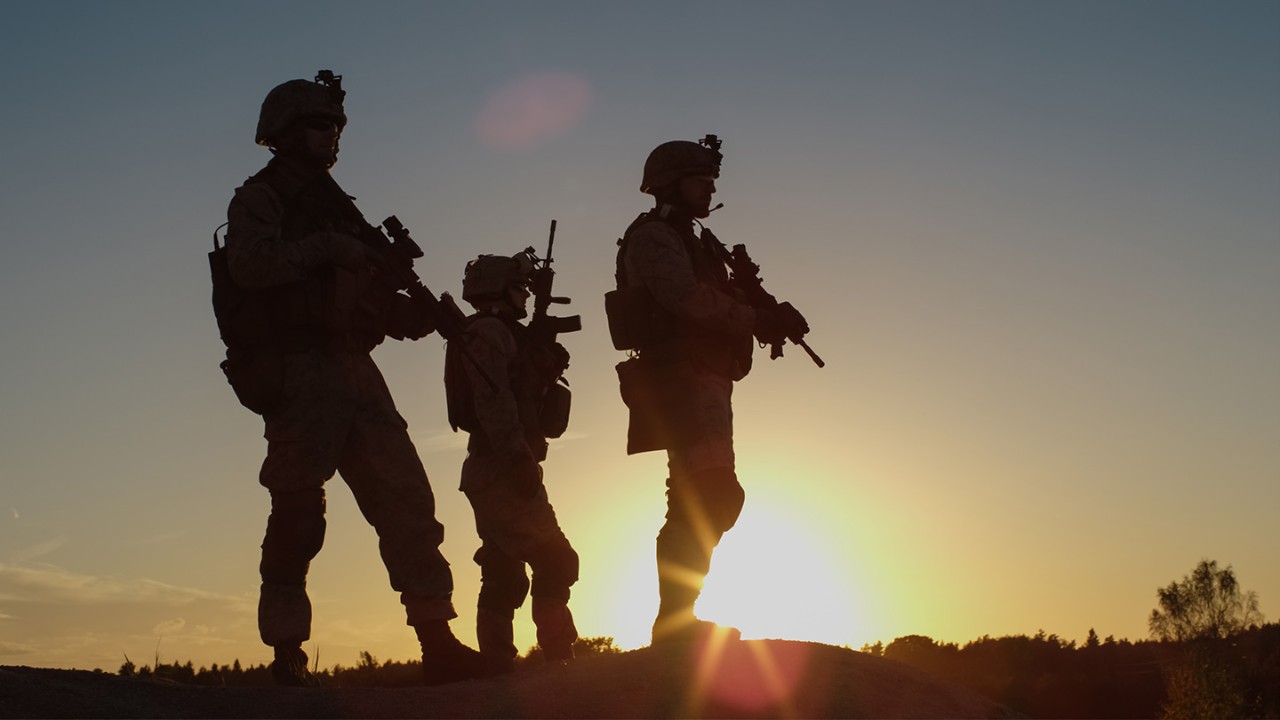

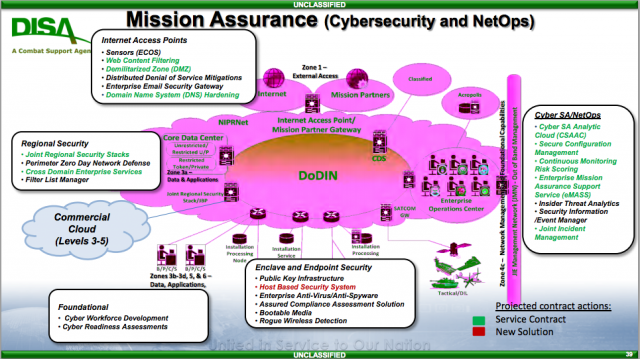
/arc-anglerfish-arc2-prod-mco.s3.amazonaws.com/public/HYSQQ4A6IVFFRDYWUJG7GI6D5E.jpg)
/arc-anglerfish-arc2-prod-mco.s3.amazonaws.com/public/G262ANSACFD7HNTNAPOXIJNLO4.jpg)